Anima Mundi, Beauty News
How to regulate Blood Sugar Levels
As we embrace the vibrant season of summer, the time of indulgence is certainly upon us!
With the ongoing summer festivities, many of us will be enjoying rich, celebratory, and sugary foods. Even if we’re indulging in moderation, it’s crucial to stay mindful of our blood sugar levels. Maintaining them in balance can help delay or prevent long-term health complications like heart and kidney disease, vision loss, and more serious issues.
Staying within your body’s target range may also enhance your energy levels and mood.
In all individuals (regardless of health status), blood sugar levels can naturally fluctuate throughout the day. However, if any of these symptoms persist, it’s important to heed the warning signs from your body:
HYPERGLYCEMIA:
This refers to high blood sugar levels. If left untreated, high blood sugar can lead to long-term damage in the body. Some warning signs include fatigue, extreme thirst, and recurring infections.
HYPOGLYCEMIA:
This refers to low blood sugar levels. If left untreated, low blood sugar can be life-threatening. Some warning signs include irritability, confusion, dizziness, shaking, and sweating.
WHAT IS GLUCOSE?
The body prefers glucose over all other energy sources. Why? Every cell uses glucose—to see, think, and do much more! Glucose comes from starches and sugars in our diet, but can also be generated from within the body. Key takeaway: if you consume more glucose than the body needs to create energy, serious health complications may arise.
WHAT HAPPENS WHEN GLUCOSE SPIKES?
Typically, eating a meal that releases excess glucose (too much or too quickly) into the body leads to a glucose spike. Did you know that studies have shown that 80% of people without diabetes still experience glucose spikes daily? Glucose spikes can lead to premature aging, inflammation, acne, infertility, weight gain, unhealthy cravings, and other damaging issues. What may start as short-term symptoms can become chronic diseases if left untreated.
TIPS FOR REGULATING BLOOD SUGAR:
- Turn to alkalizing foods to regulate sugar + acid.
- Build breakfasts around protein, or arrange around fats, fiber + protein.
- Snack to avoid energy dips with savory, functional foods instead of sweet ones.
- “Dress” your carbs: pair with protein or fat to reduce glucose spikes.
- Eat veggies first, then proteins + fats. Starches + sugars come last, reducing the glucose spike of the meal by up to 75% versus eating food in any random order!
- Get moving: walk around or do some form of movement within 90 min. of each meal.
Dietary Recommendations from Anima Mundi’s Herbalists
Eat a balanced diet full of anti-inflammatory foods:
- Consume lots of protein; ie: sprouted legumes, seeds, nuts, eggs, seaweed, animal protein (if you choose), or discover wholesome plant-based protein sources.
- Healthy fats—avocado, ghee, EVOO, etc.—help to manage blood glucose.
- Eat fruits like berries, apples, oranges, plums, etc. + other low glycemic foods.
- Limit higher glycemic fruits—bananas, mango, dates, etc.—to 1-3/day or pair with protein/fat to help regulate blood sugar.
- Aim for at least 3 full servings/day of vegetables to boost fiber intake.
Carbohydrate awareness:
-
- Try to avoid refined sugars like high fructose corn syrup, cane + white sugar.
- Alternatives: maple syrup, raw honey, yacon syrup, organic REAL stevia, dates, coconut sugar.Choose whole grains when available.
Limit alcohol consumption:
- Proven to elevate blood sugar levels in excess, especially when indulging in cocktails containing simple syrups.
Consume caffeine (if you do) in moderation:
- In excess, can cause spikes in blood sugar levels, especially in a person already dealing with hormonal imbalances.
- Herbalist tip: pair coffee with food to help prevent excess cortisol.
Lifestyle Guidance from Anima Mundi’s Herbalists
Exercise regularly:
Research shows that regular exercise (30-60 m/day) can help maintain healthy blood sugar levels + aid our cells in utilizing insulin + preventing resistance.
Keep stress at bay:
An increase in the stress hormones can cause blood sugar to spike. Managing stress also helps level out insulin + prevent diabetes, heart disease, weight gain, and other serious conditions. Get creative about it, can be art, dance, play, cooking, writing, and more!
Rest well:
According to multiple studies, lack of sleep not only raises our stress hormones, it also makes us susceptible to reaching for sugar, refined foods, caffeine + other unhealthy eating habits.
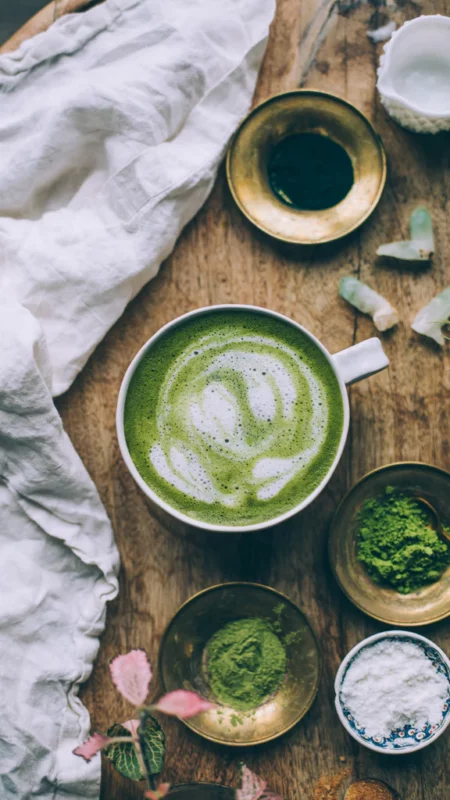
Herbs to Regulate Blood Sugar
1. Cinnamon
- A beloved culinary spice, cinnamon is a lovely way to add some flavor and spice to your life while also improving blood sugar, cholesterol, and triglyceride levels.
2. Turmeric
- Curcumin, which is a compound found in turmeric, has been proven in studies to help regulate blood sugar and prevent risk of developing diabetes
3. Reishi
- Known to help normalize blood sugar and improve insulin sensitivity. Reishi has also been studied to halt the progression of diabetic kidney complications.
4. Green Tea
- Not only does green tea reduce inflammation, but also helps reduce blood glucose in people both with metabolic syndrome and without.
5. Bitters
- Bitter herbs such as dandelion, milk thistle, burdock, and more, are wonderful aids to help manage blood sugar, lipid imbalance, and cravings.
5. Aloe vera
-
An ancient remedy that has now been proven by science, Aloe vera can help lower blood sugar in people with type 2 diabetes.
6. Tulsi (holy basil)
-
Ayurveda has used Tulsi for centuries to help regulate blood sugar and help reduce fasting glucose levels.
7. Aromatic Spices
- Herbs such as ginger, cardamom, all spice, fenugreek, and cloves are excellent for regulating blood sugar and boosting gut function



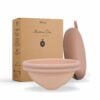














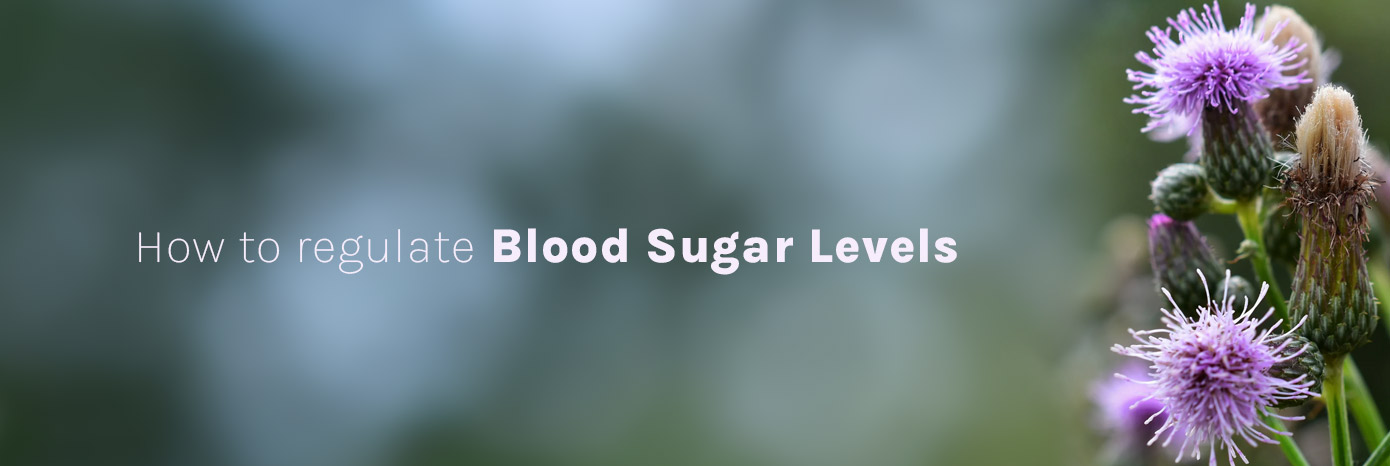











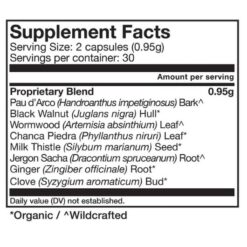


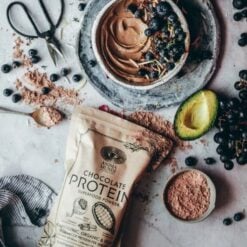



 Beauty Products
Beauty Products By Skintype
By Skintype Brands A-Z
Brands A-Z Wellness
Wellness Health / Nutrition
Health / Nutrition